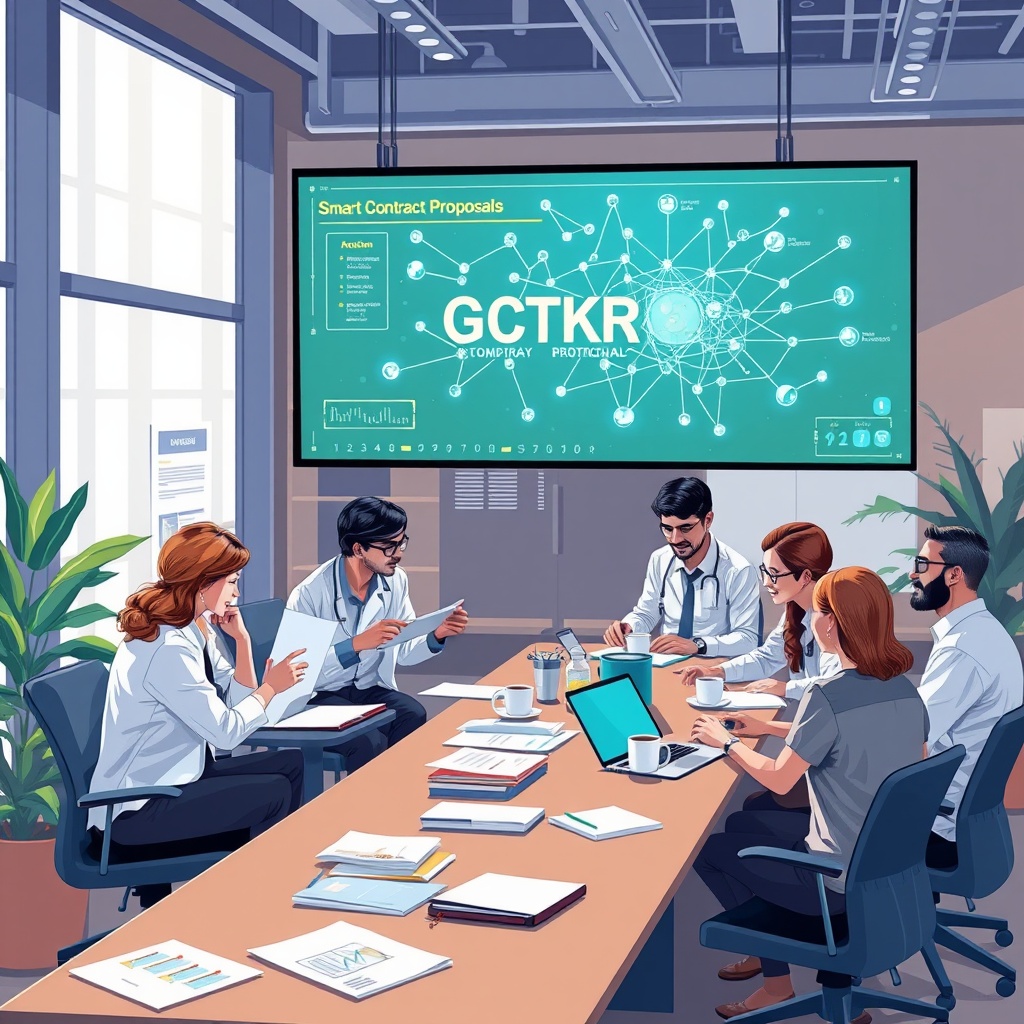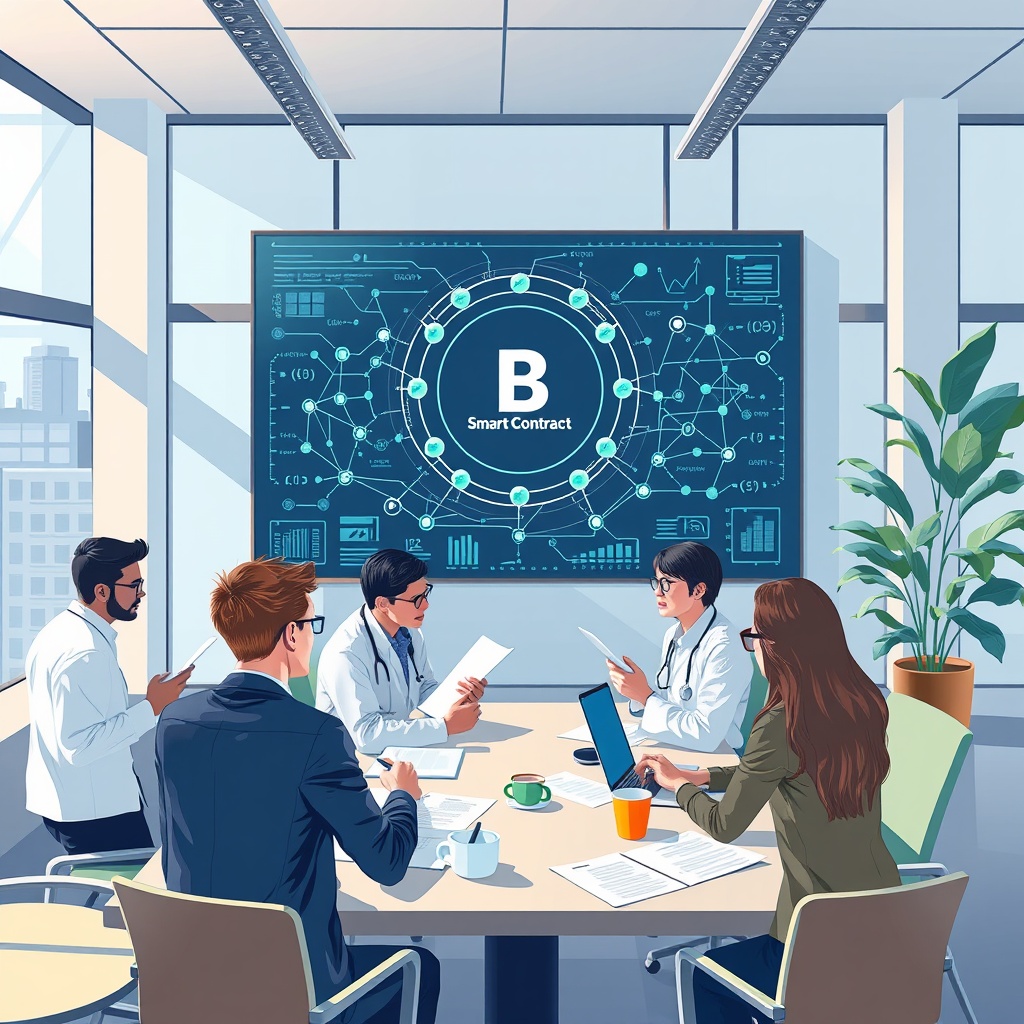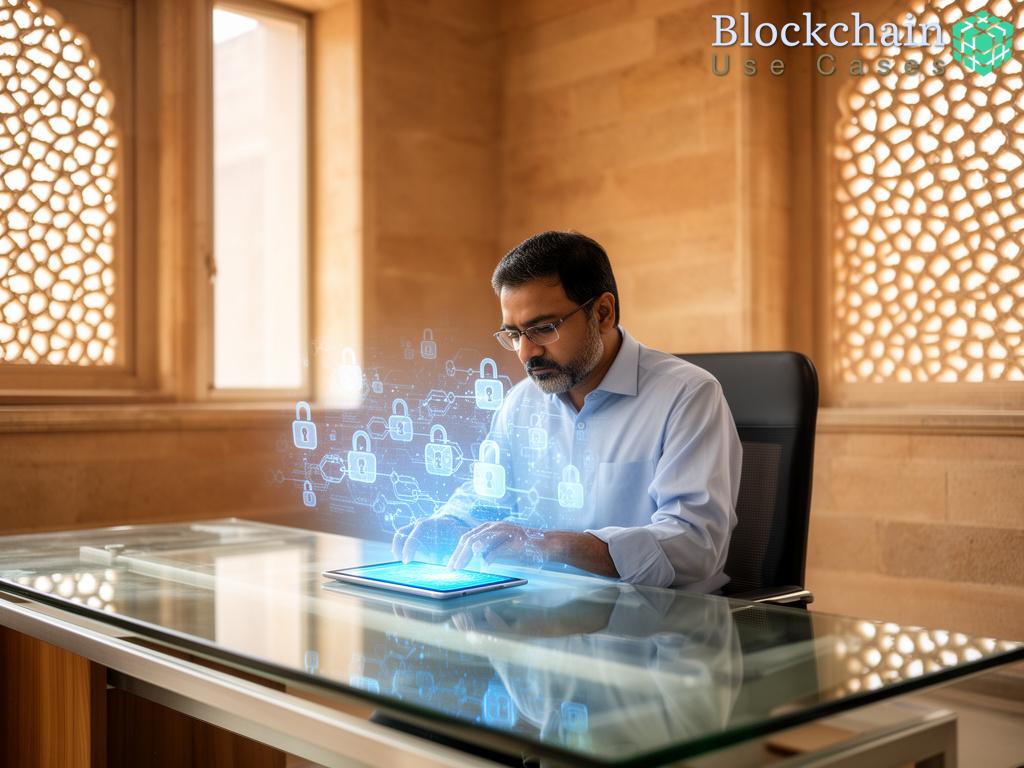Embracing Transparency and Efficiency

The landscape of research funding has long been marred by inefficiencies, opaque processes, and bureaucratic hurdles. In an era where technology drives innovation, the integration of blockchain and smart contracts into the management of research grant proposals promises to transform this paradigm. By automating processes and enhancing transparency, smart contracts can streamline submissions and reviews, thus fostering a more effective allocation of resources.
How Smart Contracts Function in Grant Management
At the heart of smart contracts lies the principle of self-execution based on predefined conditions. These digital contracts operate on blockchain platforms, ensuring that all parties involved have access to a tamper-proof record of transactions. When applied to research grant management, the benefits become evident.
- Automated Submission Processes: Researchers can submit their proposals through a decentralized platform, where smart contracts automatically verify eligibility and completeness.
- Real-time Tracking: Stakeholders can monitor the status of proposals at any time, eliminating uncertainty and fostering trust.
- Streamlined Review Mechanisms: Reviewers can access proposals efficiently, with smart contracts facilitating the allocation of tasks and deadlines.
- Instantaneous Fund Distribution: Upon the successful approval of a grant, funds are released immediately, minimizing delays that often plague traditional systems.
The Future of Research Funding
As the academic and scientific communities continue to navigate the complexities of research funding, the adoption of smart contracts stands to not only enhance operational efficiency but also promote greater collaboration among researchers, institutions, and funding bodies. The potential for a more equitable and transparent funding landscape is within reach, inviting stakeholders to rethink traditional practices. As we advance, the challenge will be to embrace these technologies responsibly, ensuring that they align with the ethical standards of research and innovation.





